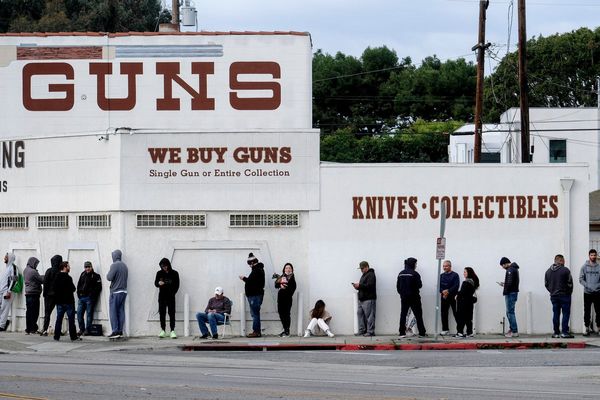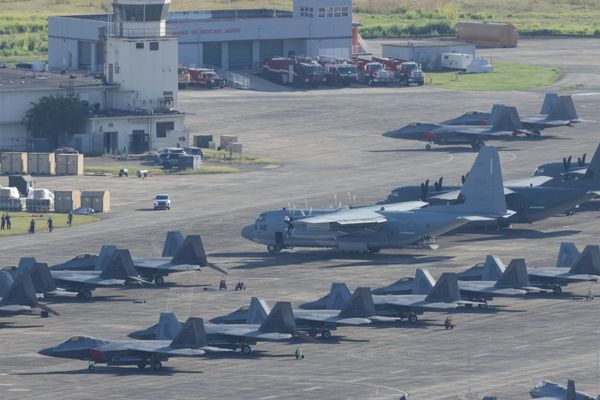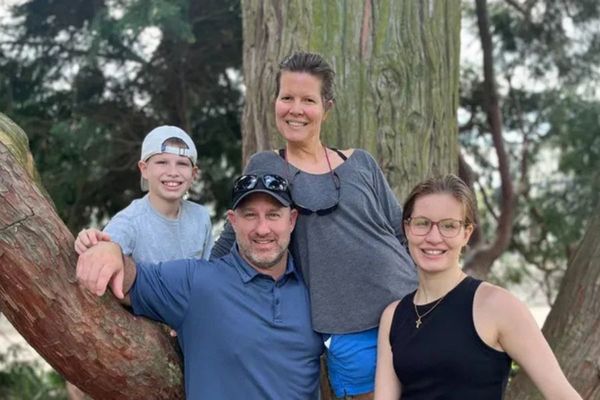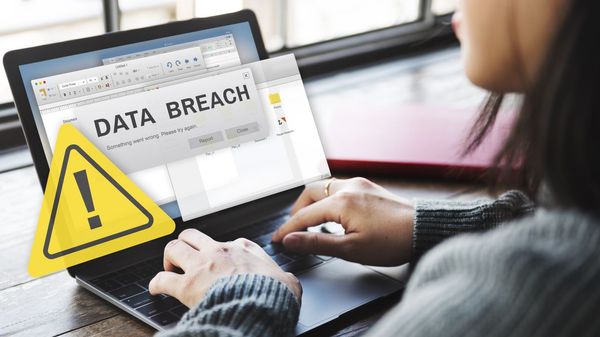
When Daniel Andrews popped up on one of the televisions in my Canberra office at one point during the past couple of weeks, a stray observation crossed my mind. His words were all unremarkable, but the Victorian premier had no game face left. He couldn’t hide his weariness with the rituals of the job.
I thought: that bloke’s done.
Victorian politics is outside my wheelhouse, so I had zero intelligence that Andrews was on the brink of quitting. All I saw (and later referenced in passing) was the former premier’s very evident burnout. Andrews looked more spent than the last time I had seen him (which would have been some time back in February or March). He looked like a man who had enough.
Burnout feels relevant again in our politics. There has been an exodus at the state level. Mark McGowan, Peter Gutwein and Michael Gunner all ejected from the arena before Andrews. It feels reasonable to wonder how long Annastacia Palaszczuk, hounded by the media and white-anted by colleagues, will last.
Burnout is an ever-present risk for people in public office. The most effective political leaders live in a constant state of hyper-vigilance. They scan the horizon for incoming risks and run multiple scenarios in their heads at once. It’s an occupational necessity, but it’s an exhausting and unnatural way to live.
The battle-scarred Andrews survived longer than most. It is pretty amazing he was still upright given the complexity he has had to manage over recent years. I watched him navigate those freefall months of the Covid-19 pandemic, the time before vaccines. The pandemic picked the world up and put it down in a different place, and Victoria bore the brunt of draconian measures intended to lower the death toll.
Political leaders tend to burn out faster when their operating environment feels hostile to humans; when the daily practice of politics feels drained of collegiality; when the whole ecosystem cycles between paranoia and pageantry.
Andrews didn’t seem to face much partisan pressure because the Liberal party in Victoria looks to be in disarray. But he lived in a boiling cauldron nonetheless. The premier faced a barrage of baying and sometimes bullying media coverage.
Let’s be clear. Given Andrews seemed to preside over a one-party state, persistent press scrutiny of his premiership was entirely valid and necessary. The former premier certainly wasn’t a saint, and the most cursory glance at his strong-man demeanour tells you he didn’t love scrutiny.
But the media bullying Andrews faced was gratuitous. Some of it looked nuts, frankly. Who (apart from his GP) cares if the premier has a sneaky fag outside a function? What was all that kooky business about the stairs?
Thinking about Andrews in his cauldron leads me back to my own theatre, which is the national political scene.
A few years ago, I found myself writing about political burnout frequently because the torrid atmospherics warranted it. Canberra was, truly, a cauldron. Things were genuinely terrible during that decade of unhinging – the war between Kevin Rudd and Julia Gillard, the slugfest inside the Liberals that saw leadership passed between Brendan Nelson, Malcolm Turnbull, Tony Abbott, back to Turnbull, then finally rest with Scott Morrison.
Canberra’s deranged coup culture was fuelled by a disrupted media chasing spectacle to engage readers and viewers in the new digital world, and the internal instability inside the major parties was the backing track for the pulverising hyper-partisan politics of the period.
It’s a simple, albeit depressing, formula. Extreme partisanship drives extreme polarisation. Extreme polarisation always delivers freak show politics and it empowers and validates freak show narration of politics by the mainstream media – a symbiosis that fatigues a country.
Fatigue isn’t the only problem. During the polarisation peaks of the recent past, trust fell in government. If we look at data from the Scanlon Foundation’s Mapping Social Cohesion report, trust in government started to wane after 2009 as we entered the decade of unhinging. It began to recover in 2019, but the significant positive movement happened in 2020 when the governments of Australia worked together during the pandemic. Most of 2020 was a period of constructive deliberation. When that goodwill fractured, trust in government declined again.
Division staged for its own sake, for its own ends, makes everything feel sisyphean, because it is a deadlock strategy. It is a strategy for spinning wheels. Abbott was an enthusiastic polariser. Turnbull wasn’t, which proved a sackable offence in the Liberal party. Morrison had a foot in both camps. Anthony Albanese has tried to quieten the whole arena because he knows the country suffers from conflict fatigue. But Peter Dutton is back on the tools because he likes high visibility contrast.
The voice to parliament referendum has pushed Australia back into another cycle of pronounced polarisation. Albanese hoped he was doing the opposite – staging a moment of national unity and inclusion by pursuing the voice. Instead, Australian politics and the conversation orbiting around it has served up the worst of times.
My colleague Lorena Allam, a Gamilaraay and Yuwalaraay woman, has described what it has been like; feeling like a punching bag “belted about by unrelated resentments: about welcomes to country, perceived special treatment and nasty stereotypes disguised as jokes”. Being adjacent to this makes me feel sick.
Given Dutton has done everything he possibly can to sink the yes vote, given the strategy has been contention at any cost, I asked Albanese this week whether proceeding with the referendum still felt like a good idea. We thrash this conundrum out for the best part of half an hour on my podcast, which you can listen to this morning.
Albanese argues it was impossible for him to walk away from an election commitment he’d repeated dozens of times, unthinkable to tell the Indigenous leaders on the referendum working group “just hold on, we’ll wait until everyone is agreed”, impossible to turn his back on the “enormous support and goodwill” from faith groups, corporates, sporting codes.
Given the heightened moment we find ourselves in, we also canvas a scenario where all the polls are wrong, and Australians vote yes on 14 October. Might the no camp go full Trump and start declaring the referendum has been stolen? Once upon a time this would have been a ridiculous question, but it doesn’t feel ridiculous when the no campaign has been so obviously informed by Trumpian strategy, and when the leader of the opposition has talked publicly about “rigged” processes.
Albanese says it’s true that some people buy in to conspiracies and “rhetorical positions … but it’s a minority”. The prime minister says he has faith in Australian common sense and he insists our democratic systems are robust. He says: “If a yes vote is carried I think overwhelmingly the nation will move on pretty quickly.”
Whether it’s yes or no on referendum night, given the revival of forces that seek to profit through division and rancour, and given the validation a no vote on 14 October will give those forces – an act of leadership will be required to knit the country back together after this question is resolved.
It doesn’t quite feel enough, but it’s all we’ve got.







